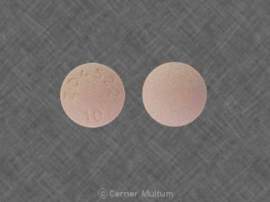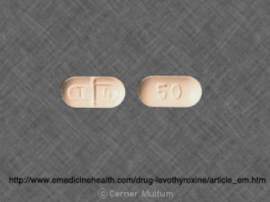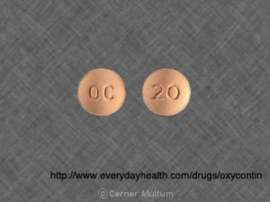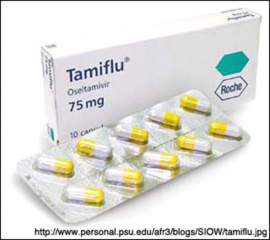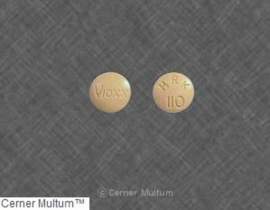
Avandia Lawsuit
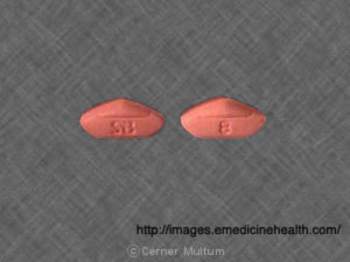
A Brief Guide to Avandia Lawsuits:
Diabetic patients taking the prescription medication Avandia face an increased risk of heart attack and stroke. Because of these Avandia side effects, a great deal of litigation has surrounded the drug--It is estimated that more than 50,000 people filed a claim seeking an Avandia settlement. Additionally, a major Justice Department Avandia lawsuit resulted in the largest fine ever imposed upon a pharmaceutical company.
In 2007, in response to increasing reports of serious Avandia side effects including heart attack and stroke, the FDA re-examined the safety of the drug. As a result of its investigation, the warning information issued with the medication was updated to make note of this increased risk. This change prompted many people to file an Avandia lawsuit. The basis of these types of claims for an Avandia settlement was that patients had been misled about the drug's safety, thereby endangering their health.
While these types of Avandia lawsuit claims were being filed, the Justice Department conducted its own investigation into the medication. Their findings ultimately led to a $3 billion Avandia settlement in 2012. Among other information uncovered during its investigation, the Justice Department learned that manufacturer GlaxoSmithKline had deliberately concealed two studies to impede the drug’s true dangers from being made public. This Avandia settlement was not allotted to consumers hurt by the drug.
Many of those filing an Avandia lawsuit had their cases consolidated in a procedure known as "multidistrict litigation." A federal Philadelphia district court was placed in charge of hearing the bulk of these claims. In order to expedite resolution, in 2011 the presiding judge ordered medication between plaintiffs seeking compensation for Avandia side effects and GlaxoSmithKline's lawyers. While the amount paid in this Avandia settlement agreement was not disclosed, it was reported in 2012 that the company had paid at least $700 million to patients affected by the drug.
This settlement brought to an end most cases involving Avandia side effects. At this time, there has been no report of an individual or class action Avandia lawsuit that has actually made it to trial. Due to changes in the warning section regarding Avandia side effects, GlaxoSmithKline has made it more difficult for people who started taking the drug after 2007 to file litigation. Since that change has been in effect for some time, patients who took it afterwards will almost certainly not be able to seek an Avandia settlement.
Most of the litigation regarding Avandia side effects has come to a conclusion. If you wish to speak with a lawyer about pursuing an Avandia settlement, it will be necessary to act fast--all state's implement a statute of limitations which effectively imposes time constraints on your ability to secure a legal remedy.
Most of the funds set aside by the manufacturer to compensate victims of Avandia side effects have already been disbursed. Once every Avandia lawsuit already filed has achieved a resolution, it is unlikely that more litigation will follow.
The prescription medication Avandia is prescribed to Type II diabetics, as well as those at risk of developing the condition. Many different Avandia lawsuits have been successful in obtaining financial compensation. An Avandia lawsuit can be pursued against the manufacturer or a negligent physician. Whether thinking of joining an Avandia class action lawsuit or pursuing solo legal action, be aware of the following:
Doctors take protective measures to help minimize the threat of facing Avandia lawsuits. Before prescribing this medication, a doctor must find out whether a patient has a history of cardiac problems. If so, they are unlikely to risk an Avandia lawsuit by prescribing the medication, which can threaten people with pre-existing conditions.
You are unlikely to be able to pursue an Avandia class action lawsuit related to cardiac arrest. The company now provides sufficient documentation warning of this possibility to guard against the possibility of defending against a new Avandia lawsuit.
If you experience shortness of breath, swelling of the tongue or similar conditions for a prolonged period of time, you must seek emergency care before considering an Avandia lawsuit. You will be unlikely to join an Avandia class action lawsuit over such reactions.
Many other potential side effects are documented when you receive the drug, helping guard the manufacturer against various types of Avandia lawsuit. Physicians should conduct regular blood tests as necessary to monitor organ function. If they do not take adequate steps to ensure your continued health, physicians may be sued in Avandia lawsuits concerning negligence.
The period to join an Avandia class action lawsuit may have passed. Safety information provided by the manufacturer has been updated to list such concerns. It is your responsibility to learn this information. You cannot pursue an Avandia lawsuit over adverse effects you failed to acknowledge.
If you are interested in litigation, you should first find out if there is an ongoing Avandia lawsuit which you can be part of. The advantage of joining these types of Avandia lawsuits is that you will not have to be very active. Once you have spoken with a lawyer working on an Avandia class action lawsuit and provided them with all applicable medical and financial records, you may not have to contribute any more to legal preparations--Only one plaintiff is necessary to express the wishes of all those represented in this type of Avandia lawsuit.
Those who are unable to join an Avandia lawsuit will need to find a lawyer willing to represent on their sole behalf. Such Avandia lawsuits against the manufacturer or a negligent physician must be pursued as soon as possible to avoid the risk of your state's statute of limitations expires. Whether pursuing an Avandia class action lawsuit or different type of action, do not delay speaking with a lawyer.
Avandia: FDA Warnings
The United States Food and Drug Administration, in 2010, significantly restricted the use of Avandia to patients with type 2 diabetes. These FDA restrictions were imposed in response to information that suggested an elevated risk of cardiovascular events, such as stroke or heart attack in patients treated with Avandia.
The FDA, through these regulations, requires GSK to develop a restricted access program for Avandia; under this program Avandia will only be made available to new patients if they are unable to achieve glucose control on other drugs and are unable to take Actos—the only drug in the Avandia class. Current users who benefit from Avandia may maintain taking the drug.
Sources:
1.FDA News Release September 23rd 2010 retrieved from
http://www.fda.gov/NewsEvents/Newsroom/PressAnnouncements/ucm226975.html
2.FDA Updated Risk Evaluation and Mitigation Strategy for Avandia retrieved from
http://www.fda.gov/Drugs/DrugSafety/ucm255005.html
3 United States National Library of Medicine Rosiglitazone
http://www.ncbi.nlm.nih.gov/pubmedhealth/PMH0001051/




